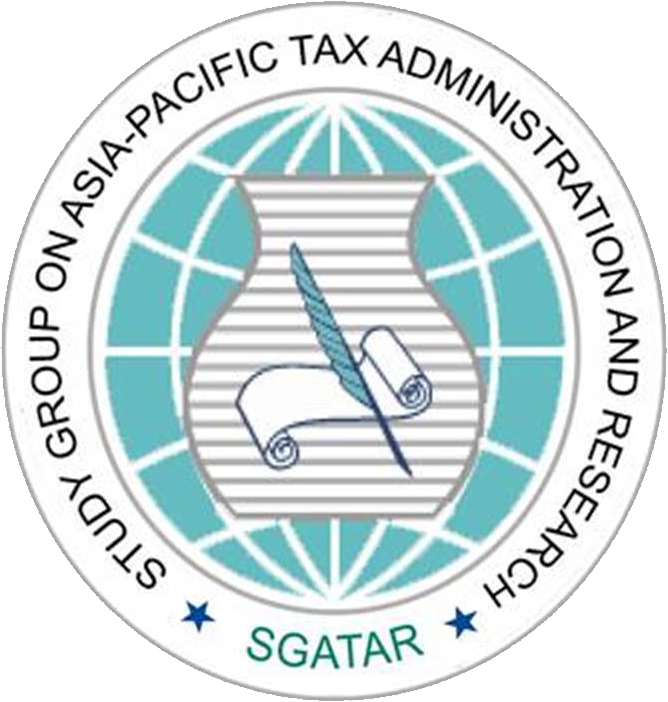Multinational Enterprise Risk
Scrutinising global business structures and arrangements that minimise tax liabilities while appearing to comply with tax obligations.
SGATAR

Study Group on Asia-Pacific Tax Administration and Research
Scrutinising global business structures and arrangements that minimise tax liabilities while appearing to comply with tax obligations.
Compliance risk management sits within the broader risk management processes of revenue authorities and focuses on those risks that impact taxpayer compliance with obligations to register, lodge, report and pay tax. Successful compliance risk management requires tax authorities to understand their environment or operating context to enable them to assess what they can and cannot influence. This knowledge is key to defining what is a risk and determining which risks require treatment and which can be tolerated.
Compliance risks at the operational level (category of non-compliance across a population) set the context for risks at the tactical level (identifying the specific taxpayers involved). Understanding risk drivers and the impacts by conducting an operational risk assessment assists in prioritising risks for treatment and developing appropriate treatment strategies. Treatments need to differentiated based on the nature of the risks and characteristics of the participants, making it easy for those who want to comply and enforcing compliance for those who do not.
Efficient and effective tax administration relies on evaluating the outcomes of treatments applied against clearly defined objectives established at the outset. Multiple indicators, both qualitative and quantitative, are needed to evaluate program effectiveness, particularly in an ever changing environment where the impacts of external factors on compliance need to be identified and excluded.
The purpose of this topic is for members to discuss their experiences in applying risk management processes to multi-national entities with a view to identifying opportunities for sharing techniques and potential joint approaches.